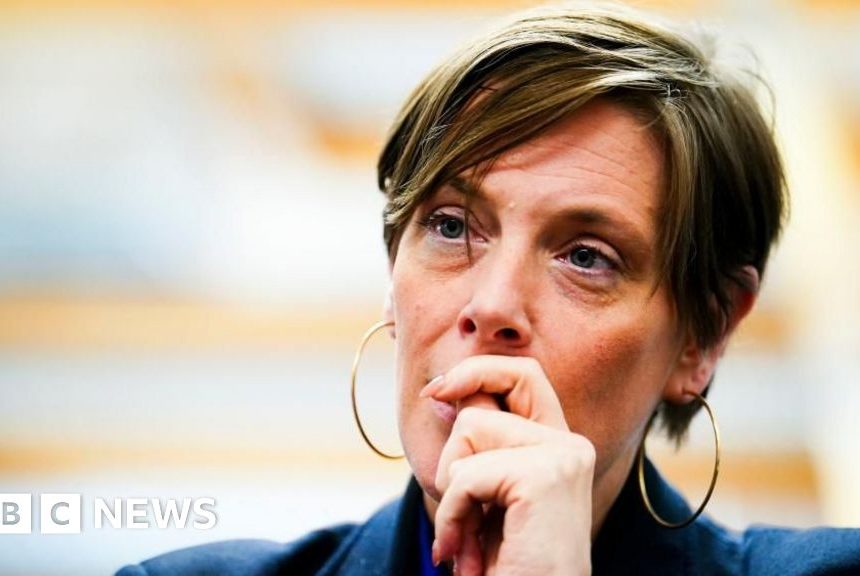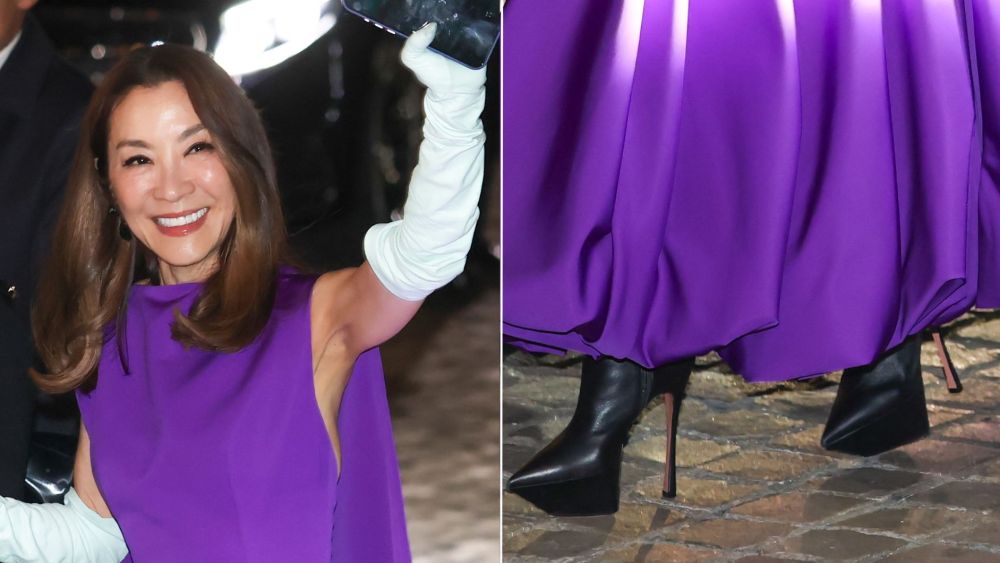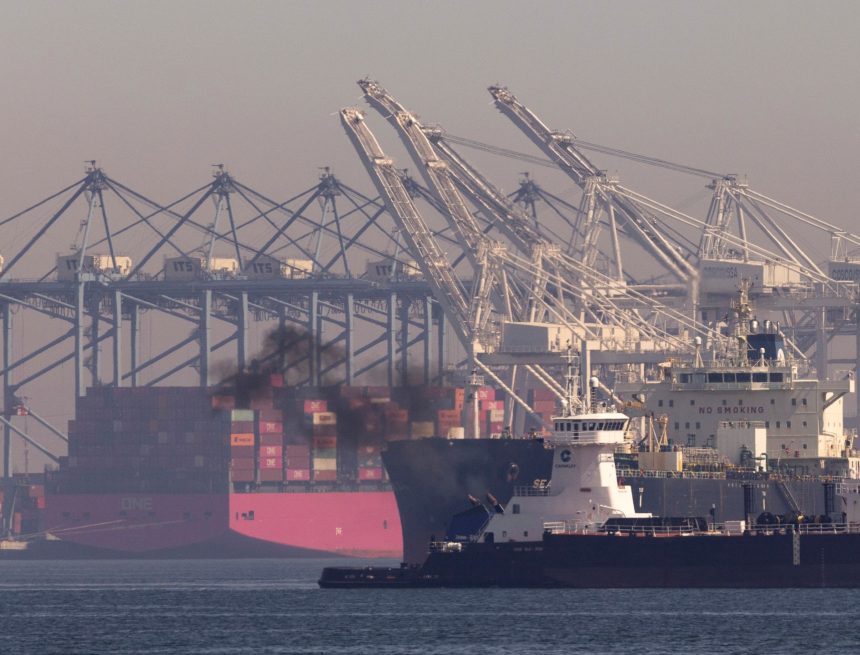What does the experience of women at the top tell us about the rest? Those most vulnerable to sexual harassment, assault and abuse are, unsurprisingly, those who have less power or are treated with less respect: undocumented migrants; women in precarious employment; women with disabilities; LGBTQ women; young women and girls.
Paradoxically, that helps to explain why the assault of Claudia Sheinbaum, Mexico’s president, has drawn such outrage domestically and internationally. A drunken man tried to kiss her neck and grabbed her chest as she spoke to citizens in the capital’s streets. It is the proof, captured on camera, that no woman is safe. You can be the most powerful person in the land and a man will still feel entitled to grope you, in front of the world, because you are a woman. When you object, some will complain that you are taking it too seriously, or that it is all made up. As Ms Sheinbaum herself remarked: “If they do this to the president, then what will happen to all the young women in our country?”
One in five girls and women in Mexico said they had experienced sexual violence in the community (as distinct from home, schools and workplaces) in the previous year, according to official figures from 2021. Ten women are killed each day. Ms Sheinbaum, like others, has noted the country’s machista reputation previously. But the problem does not end there. In the US and the UK, surveys suggest four out of five women (and two out of five men) have experienced sexual harassment and assault. When those at the top are targeted, it sends a message to all women, and often deliberately so. Whatever their accomplishments – Ms Sheinbaum is also an environmental scientist who contributed to the reports of the Nobel peace prize-winning Intergovernmental Panel on Climate Change – they can be reduced to their bodies.
Julia Gillard, Australia’s only female prime minister, was described as “deliberately barren”. Kamala Harris has long faced explicitly sexual rhetorical attacks. When the then prime minister Theresa May met Nicola Sturgeon in 2017, the front page of the Daily Mail asked of the two national leaders: “Never mind Brexit, who won Legs-it!” Politicians in general face an increasingly angry and violent political culture – in Mexico, many are killed each year – but women also face growing and more open sexism. The Reykjavik Index for Leadership, which measures perceptions in the G7 and Iceland, found last year that in the US, less than half of respondents felt “very comfortable” with the idea of a female political leader.
Ms Sheinbaum is to be commended for pressing for charges and has rightly called for sexual harassment to be criminalised nationwide; many Mexican states have yet to do so. Yet, as mayor of Mexico City, when police cracked down on feminists demonstrating against gender-based violence, she referred to the protests as “provocations”. Women’s services have faced cuts under her administration. That does not lessen the importance of her stand this week. But it demonstrates that female leadership does not inevitably benefit women at the bottom, whatever they have in common with those at the top. Expanded social security programmes, initiated under Ms Sheinbaum’s predecessor, are already benefiting single mothers and others. But the president should seize this opportunity to embrace Mexico’s energetic grassroots feminist movement wholeheartedly, and work with it to tackle violence and misogyny, in the interests of all women.
-
Do you have an opinion on the issues raised in this article? If you would like to submit a response of up to 300 words by email to be considered for publication in our letters section, please click here.


